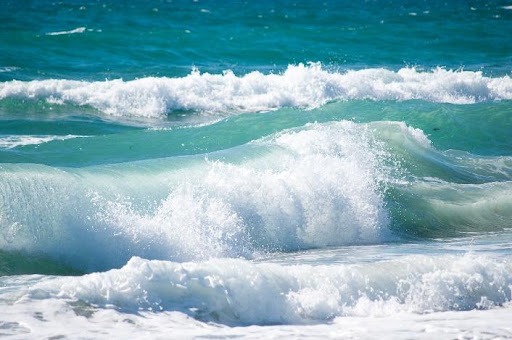
The still largely unexplored vastness of the ocean, covering about 2/3 of the surface of the earth and with an average depth of almost 4 kilometres, has fascinated humans for as long as we have records. Its currents, chemical composition, and ecosystems are all highly variable at different locations and times. Due to its large capacity for storing and transporting heat, the ocean represents also a crucial component of the physical climate system. The ocean provides invaluable resources to humankind in the form of food, but also in terms of its generally moderating impact on weather and climate. This has led to the fact that a large fraction of the world’s population lives within 100 miles of the ocean. As a consequence, the ocean and particularly the fragile interface between the ocean and the land has become subject to large environmental pressures.
The rapidly growing faculty in ocean sciences at UCLA’s Department of Atmospheric and Oceanic Sciences focuses their research on a large palette of questions ranging from the role of the ocean in the physical climate system to its role in the global carbon cycle. A strong emphasis is also given to the study of the coastal environment and its interaction with the open seas and the land. Much of our research is highly interdisciplinary and involves a substantial number of faculty in other departments and institutes.
